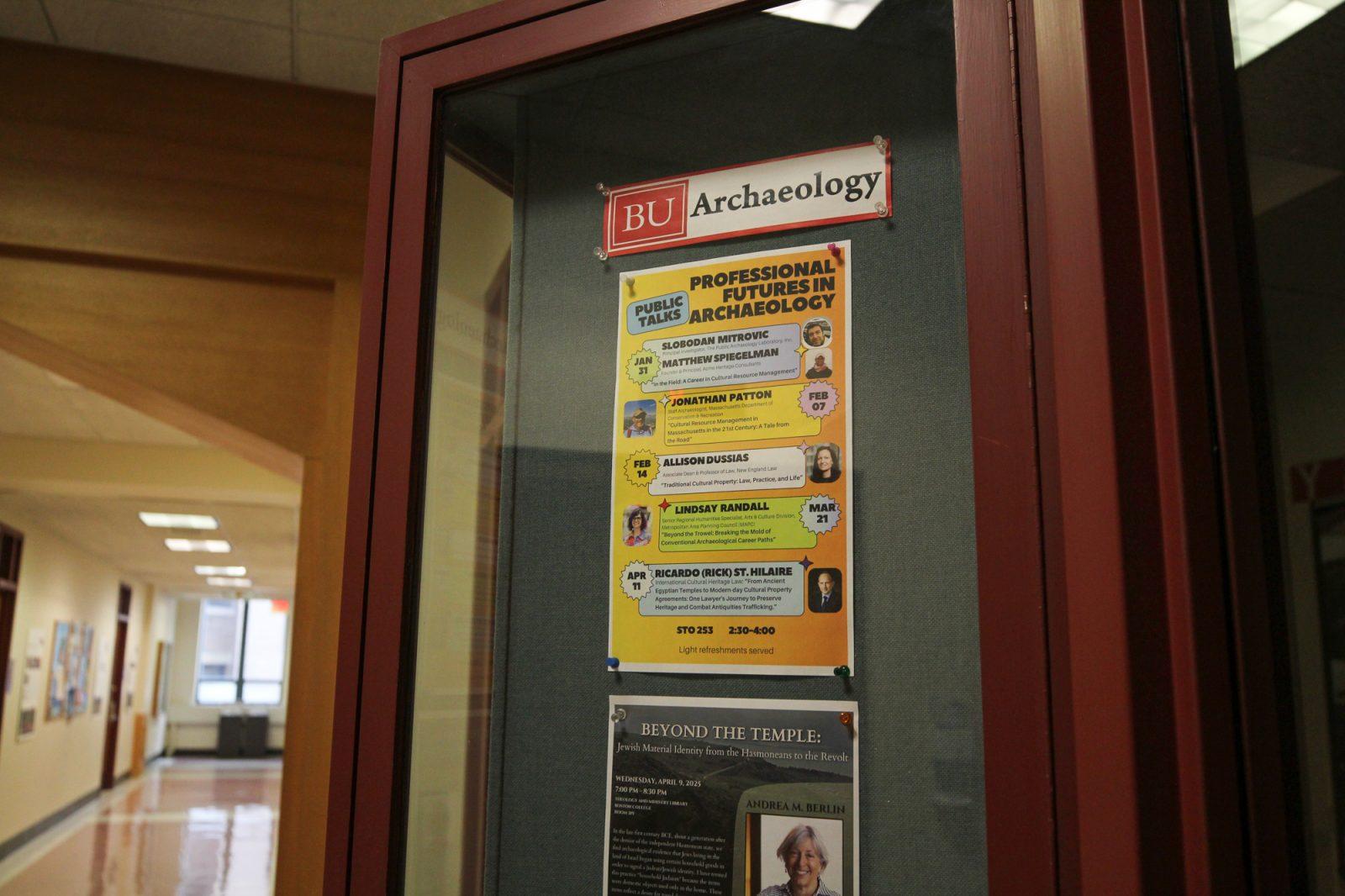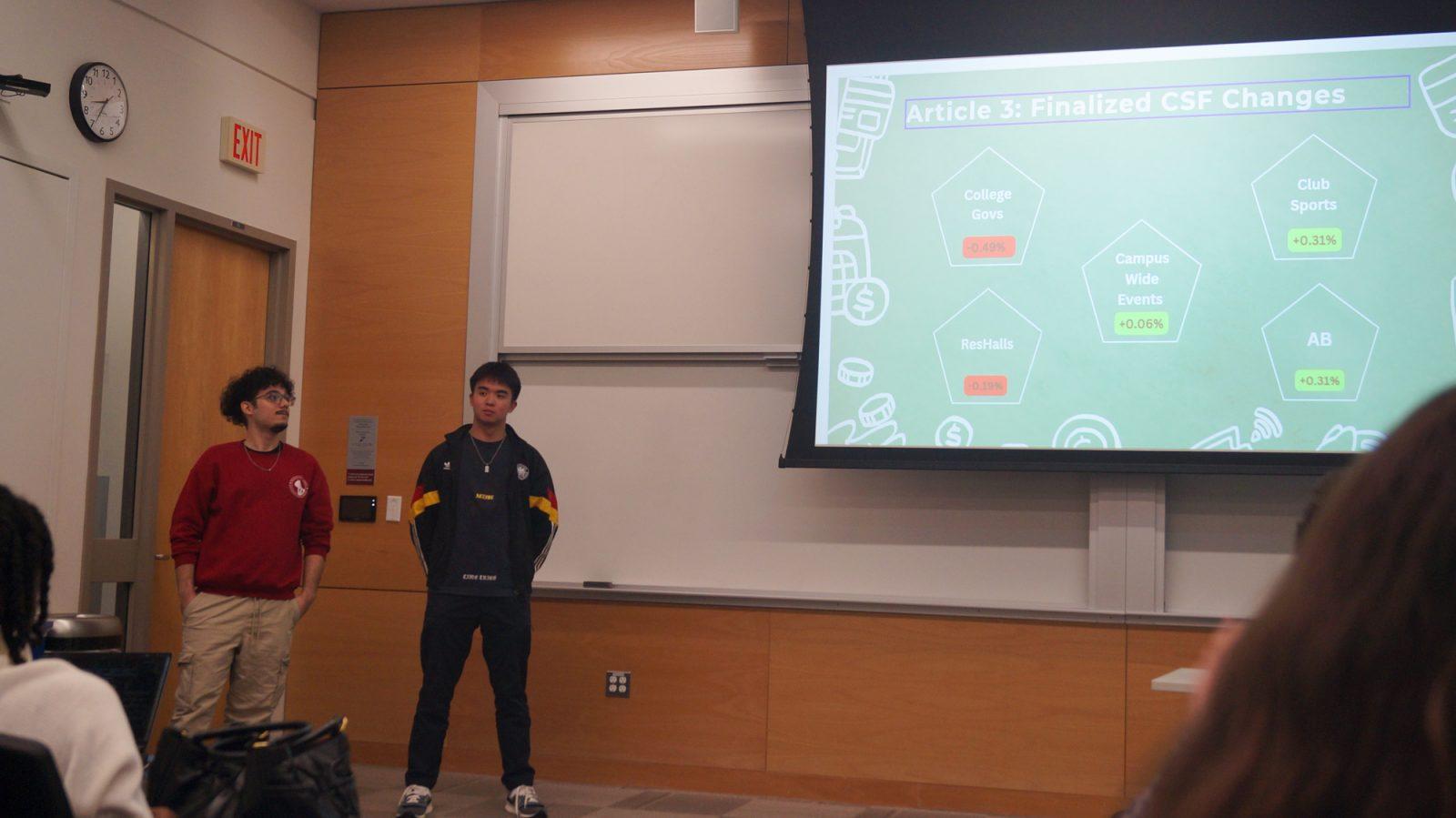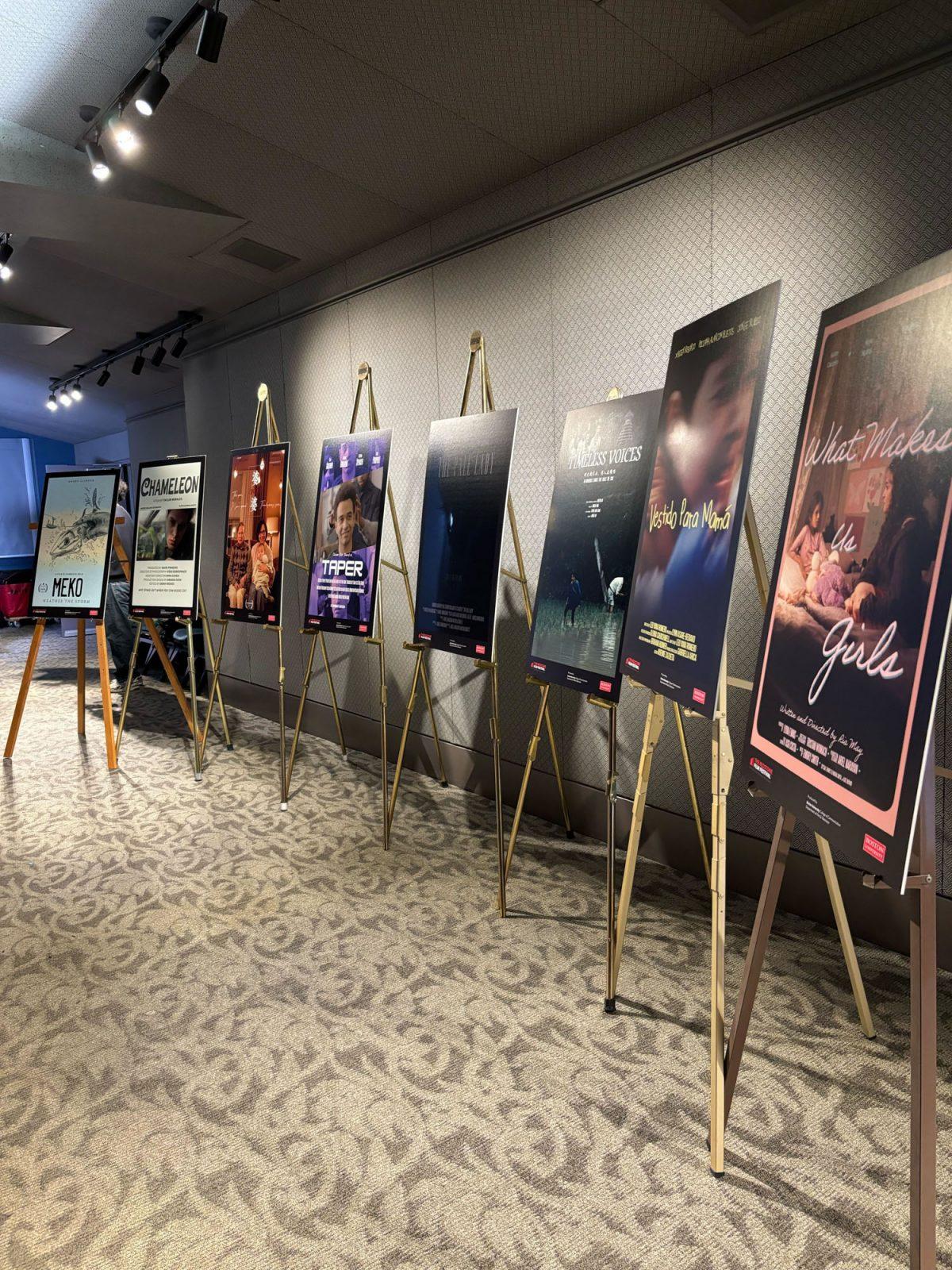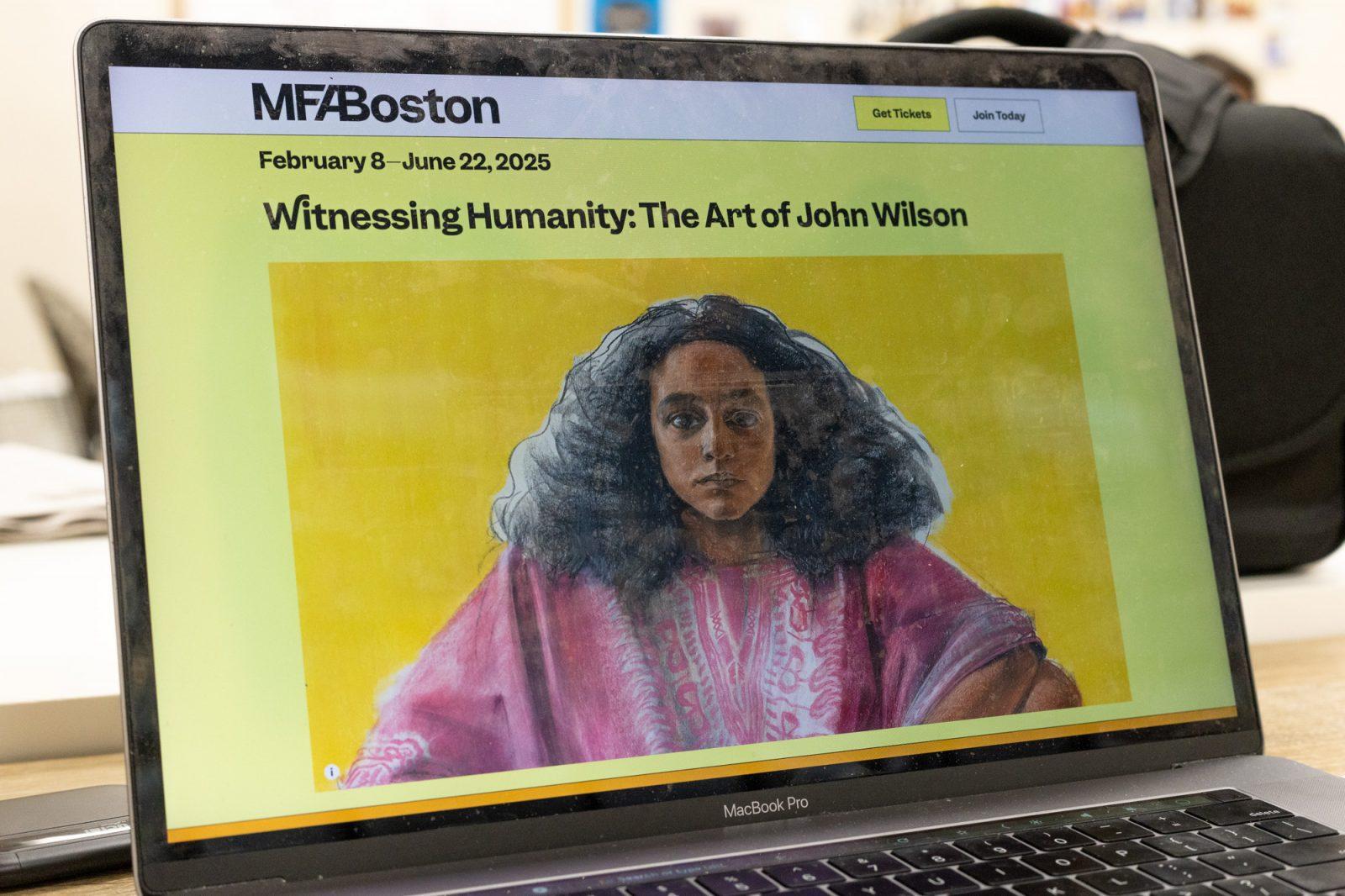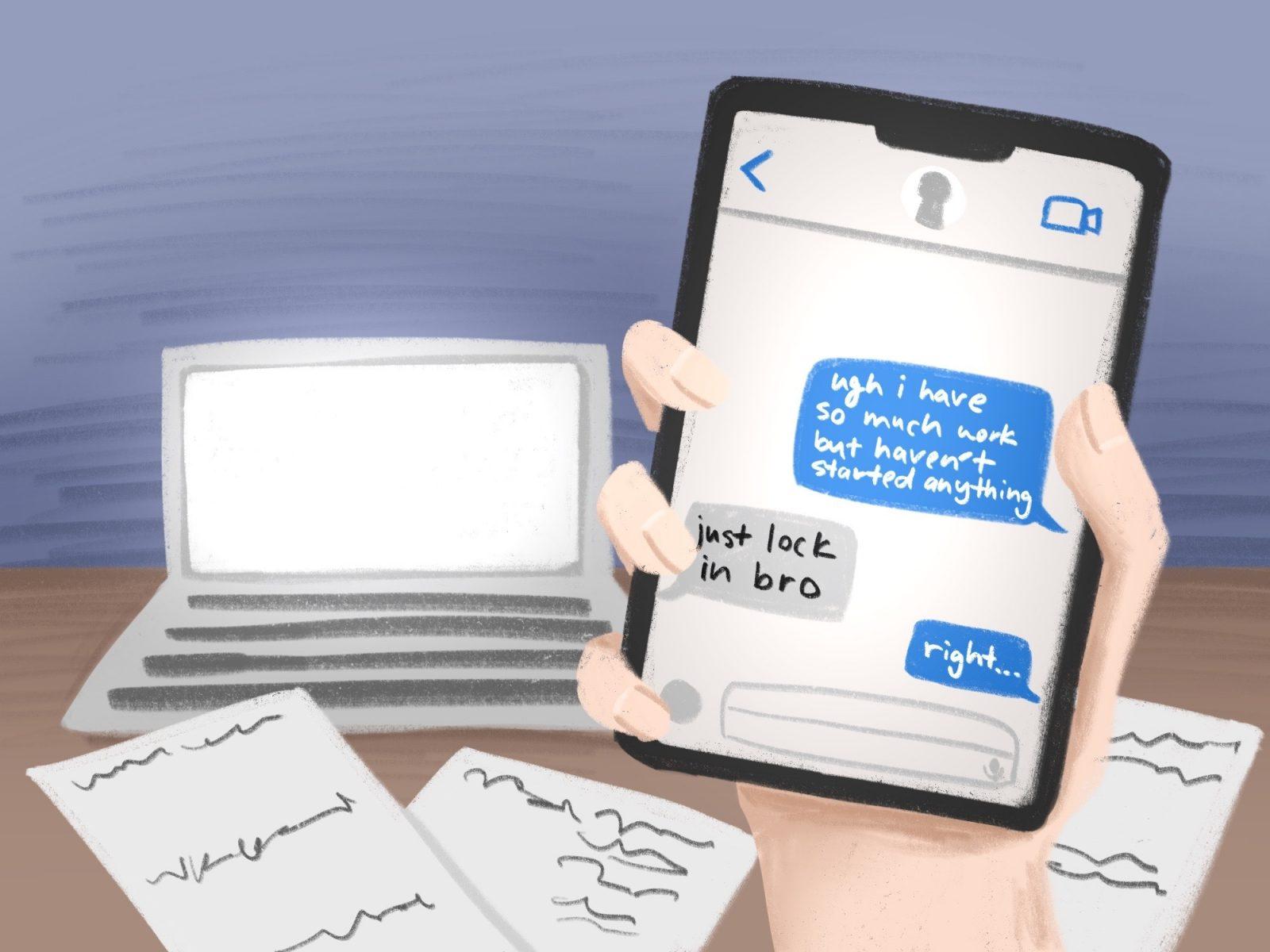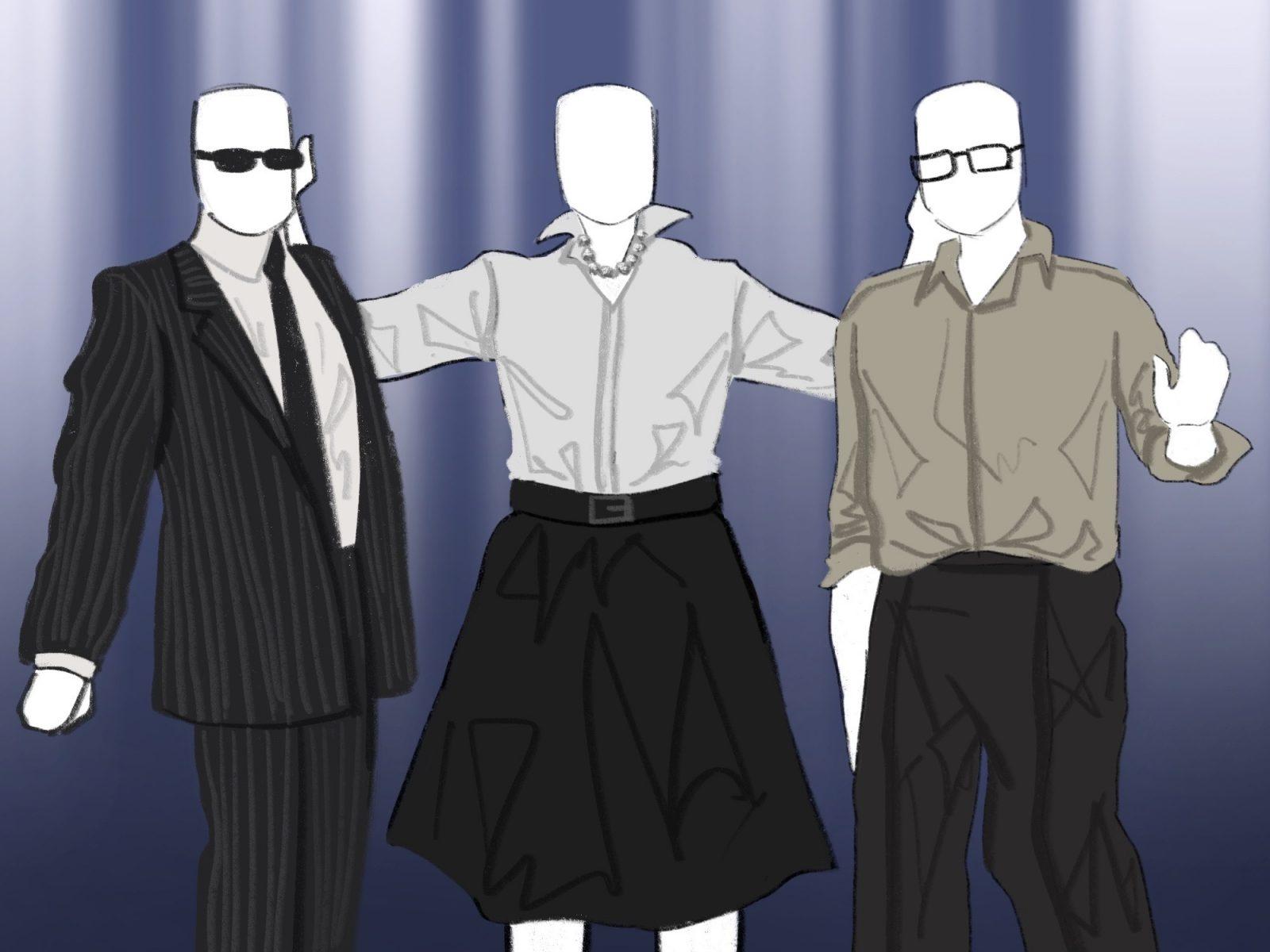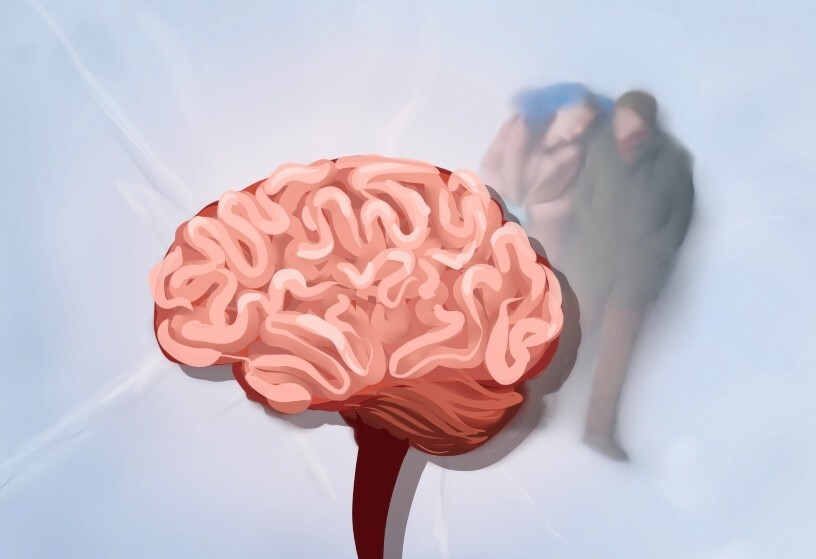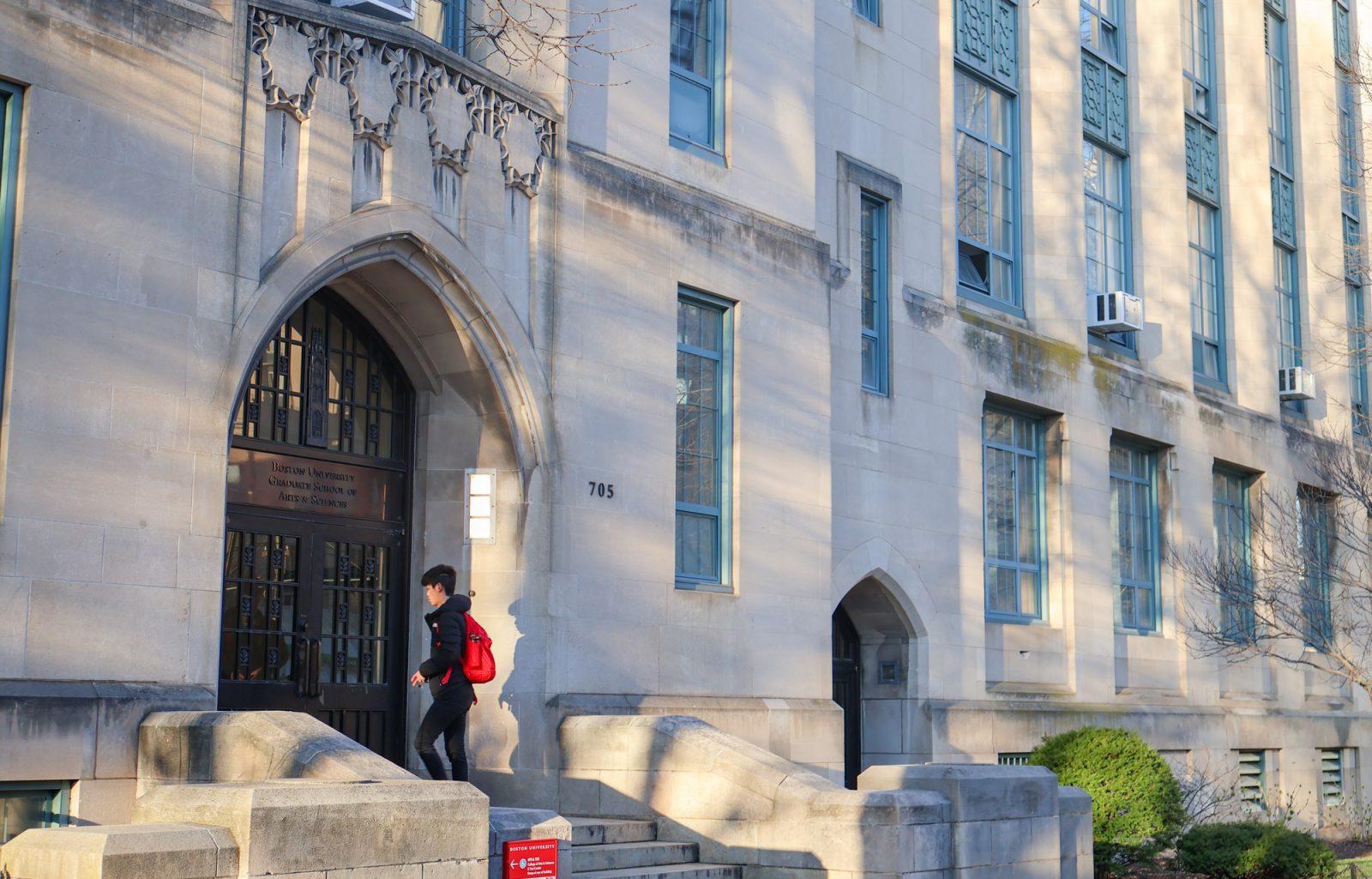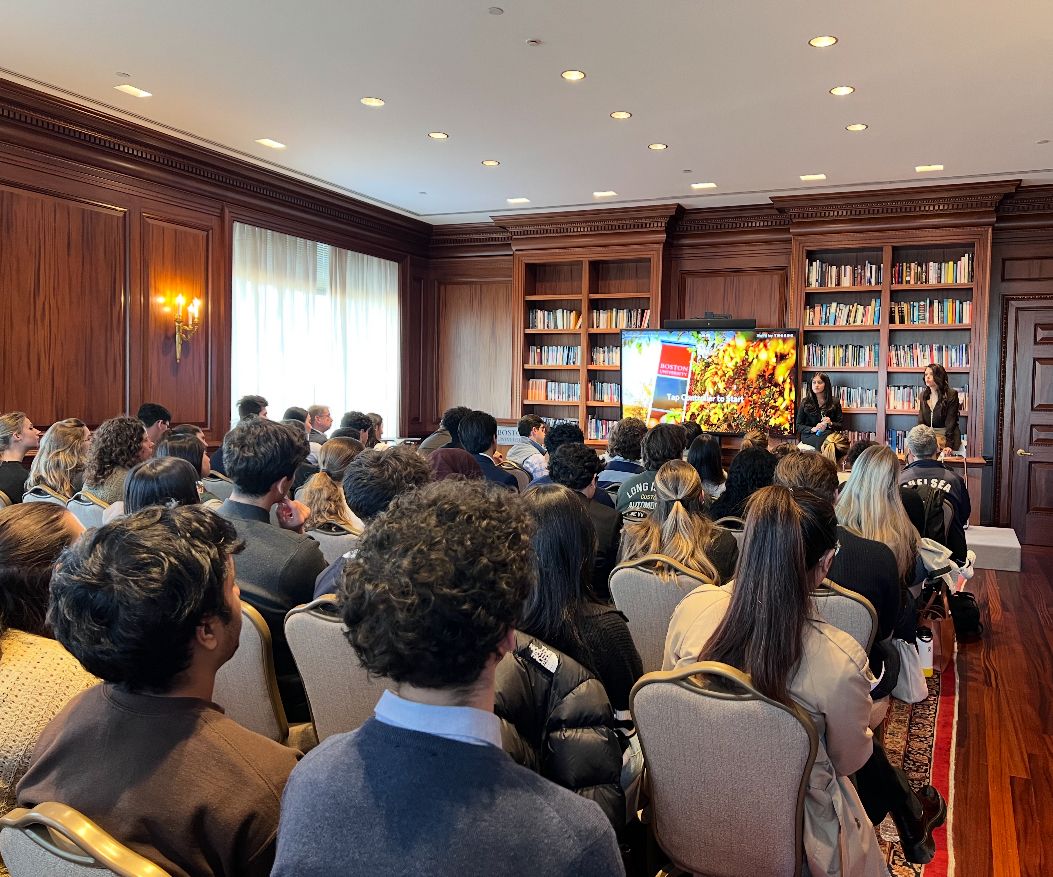Researchers from Harvard University and the Massachusetts General Hospital in Boston are developing a new trauma procedure in which critical patients are medically frozen in order to given surgeons more time to operate.
We have all seen the cartoon where a caveman gets frozen and does not die, but does that caricature have any scientific legitimacy? Recent studies at Harvard University seem to indicate that freezing injured bodies could, in fact, help save lives.
In an interview with National Public Radio, Dr. Hasan Alam, an associate professor of surgery at Harvard Medical School, said he and other doctors from Harvard and the Massachusetts General Hospital in Boston are researching a new technique called “emergency preparation resuscitation,” or suspended animation. The procedure entails putting a cold solution, such as saline, into a trauma patient’s blood vessels, he said in the interview.
The solution cools the body to about 10 to 15 degrees Celsius, as opposed to the normal body temperature of about 37 degrees Celsius, he said.
When the body is cooled, it requires only a small amount of oxygen to function, which provides doctors more time to save the patient, he said.
In order for this procedure to be necessary, a patient would need to be in critical condition and very close to death, he said.
BREAKING THE ICE
Stephen Weiss, chief of molecular medicine and genetics and a professor of medicine at the University of Michigan, said in an email that he feels optimistic about the new trauma procedure.
“It seems that the technique has a high likelihood of success,” he said. “The technique is clearly well-developed in animal models and has considerable support on a mechanistic level.”
Weiss said he thinks that if clinical trials go well in Boston, it will be relatively simple to implement the freezing technique in hospitals and on the battlefield.
“The technique would be applicable in any arena where trauma and rapid blood loss occur,” he said.
“If the only other outcome in severely traumatized patients is death, particularly on the battlefield, this is “the only game in town’ presently,” he said. “For rapid blood loss, there are few, if any, other viable options.”
However, getting frozen is not an easy thing for a person to go through physically, he said.
“[The procedure] has risks associated with blood clotting, infection and requires that large blood vessels are intact so that the cooling solution can reach the heart, brain [and] kidneys,” he said.
He said a large part of testing the procedure is determining whether or not freezing affects the major organs.
“As hypothermia seems to be restricted in use to period of three hours or less in human subjects, it is difficult to imagine the approach being extended in use beyond the trauma ward,” he said.
Weiss said researchers are also exploring other medical options that do not cool patients or target large blood vessels.
“Allowing animals to breathe hydrogen sulfide gas similarly creates a state of suspended animation,” he said.
COLD FEET
Aside from the purely scientific elements of the procedure, suspended animation also evokes a certain emotional response. Some students said they feel that being frozen, under any circumstance, is not an option they would choose.
College of Arts and Sciences freshman Talya Stern said that she would not want to be medically frozen, even if it could save her life.
“I think that if it gets to the point where you need to be frozen in order to be kept alive, I would rather die and not suffer,” she said.
College of General Studies freshman Lindsey Felcher said she doesn’t like the idea of undergoing an experimental medical procedure like suspended animation.
“The idea of freezing a person freaks me out and I’m already terrible with medical procedures,” she said. “If the process had a more definite guarantee of working, maybe, but most likely not. I wouldn’t want to jeopardize my health more by freezing myself.”
“Although the freezing technique is efficient, I wouldn’t be comfortable undergoing the procedure because of the lack of tests and insurance of success,” said CGS freshman Jordan Reyes.
However, although the process is not necessarily appealing to some, others said they recognize that it can necessary and extremely beneficial.
CGS freshman Jason Feldman said he thinks the benefits of medical freezing outweigh the risks.
“If I’m already at that point in a medical situation, I’d rather doctors try an innovative technology that does have support to back it, even if risky, to save my life,” he said. “If I’m already in a trauma state, there’s no reason not to go for it.”
“If doctors have no other choice than to freeze my body in order to save me, then I would say go for it!” said CGS freshman Sarah Schmidgall.

